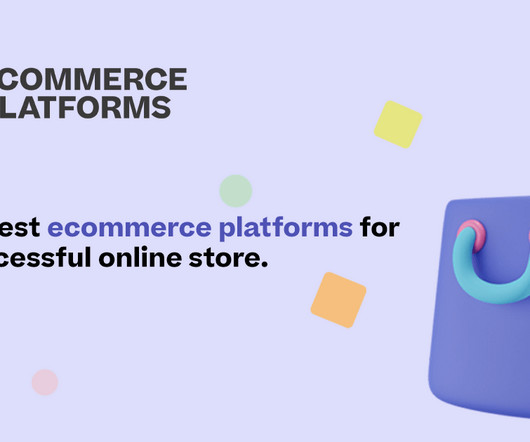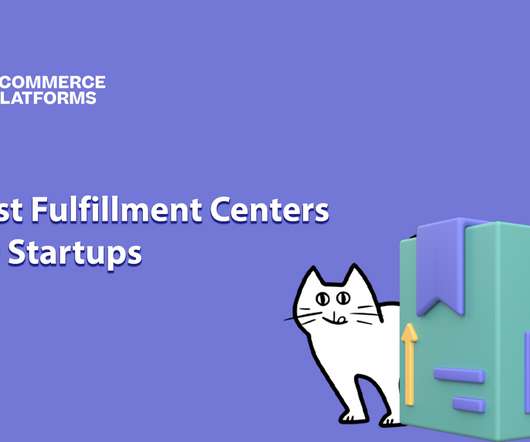Retail vs Ecommerce: What’s the Difference?
Ecommerce Platforms
MARCH 18, 2023
Quick answer : The term “retail store” typically applies to a physical, or brick-and-mortar location, such as a supermarket, boutique, or individual offline store. Both retail and ecommerce stores have their own distinctive pros and cons to consider for any entrepreneur. What is Retail? How Does Retail Work?











Let's personalize your content